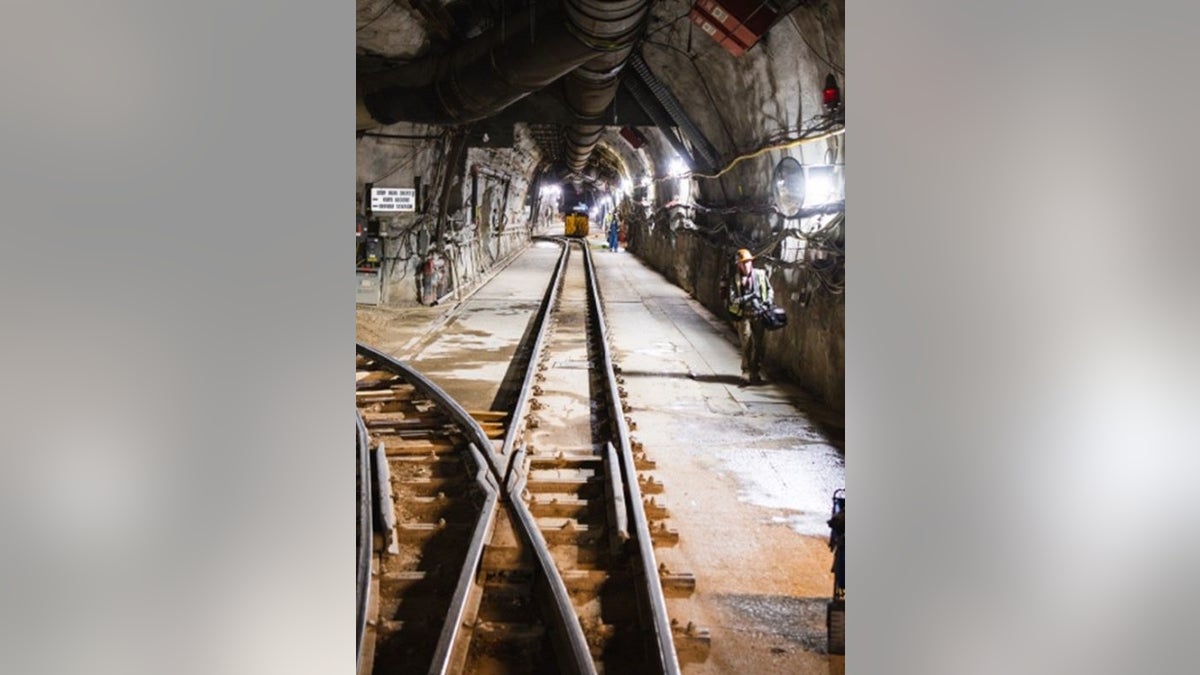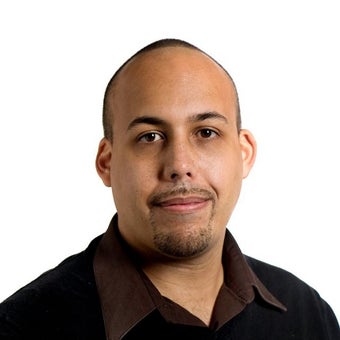Putin seen accompanied by soldiers with alleged nuclear briefcase.mp4
Rare footage shows Russian President Vladimir Putin in Beijing accompanied by officers reportedly carrying the "nuclear briefcase," which can be used to order a nuclear strike. (SOURCE: Ruptly for Russian Pool via Reuters)
The U.S. conducted a high-explosive experiment at a nuclear test site in Nevada hours after Russia revoked a ban on atomic-weapons testing, which Moscow said would put it on par with the United States.
Wednesday's test used chemicals and radioisotopes to "validate new predictive explosion models" that can help detect atomic blasts in other countries, Bloomberg reported, citing the Department of Energy.
"These experiments advance our efforts to develop new technology in support of U.S. nuclear nonproliferation goals," Corey Hinderstein, Deputy Administrator for Defense Nuclear Nonproliferation at the National Nuclear Security Administration, said in a statement. "They will help reduce global nuclear threats by improving the detection of underground nuclear explosive tests.
PUTIN SPOTTED IN CHINA WITH NUCLEAR BRIEFCASE IN RARE FOOTAGE: REPORT

The P tunnel in Area 12 of the Nevada National Security Site in Nevada. The U.S. conducted a high-explosive experiment at a nuclear test site in Nevada on Wednesday. (National Nuclear Security Administration)
The test is notable because of its timing. Russian lawmakers announced their intention to revoke the ratification of the Comprehensive Nuclear Test Ban Treaty.
A bill will go to the Russian upper house, the Federation Council, which will consider it next week. Federation Council lawmakers have already said they will support the bill.
The treaty, adopted in 1996, bans all nuclear explosions anywhere in the world, although it has never fully entered into force. In addition to the U.S., it is yet to be ratified by China, India, Pakistan, North Korea, Israel, Iran and Egypt.
American officials have said more transparency is needed because while the U.S. and Russia don’t test warheads, they do conduct so-called sub-critical experiments — explosions that verify weapon designs without the amount of atomic material needed to sustain a chain reaction, the Bloomberg report said.
There are widespread concerns that Russia could resume nuclear tests to try to discourage the West its continued support of Ukraine. Russian President Vladimir Putin has said that while some experts have talked about the need to conduct nuclear tests, he hasn’t yet formed an opinion on the issue.
Deputy Foreign Minister Sergei Ryabkov said last week that Moscow will continue to respect the ban and will only resume nuclear tests if Washington does so first.
The Associated Press contributed to this report.











































